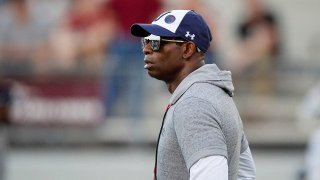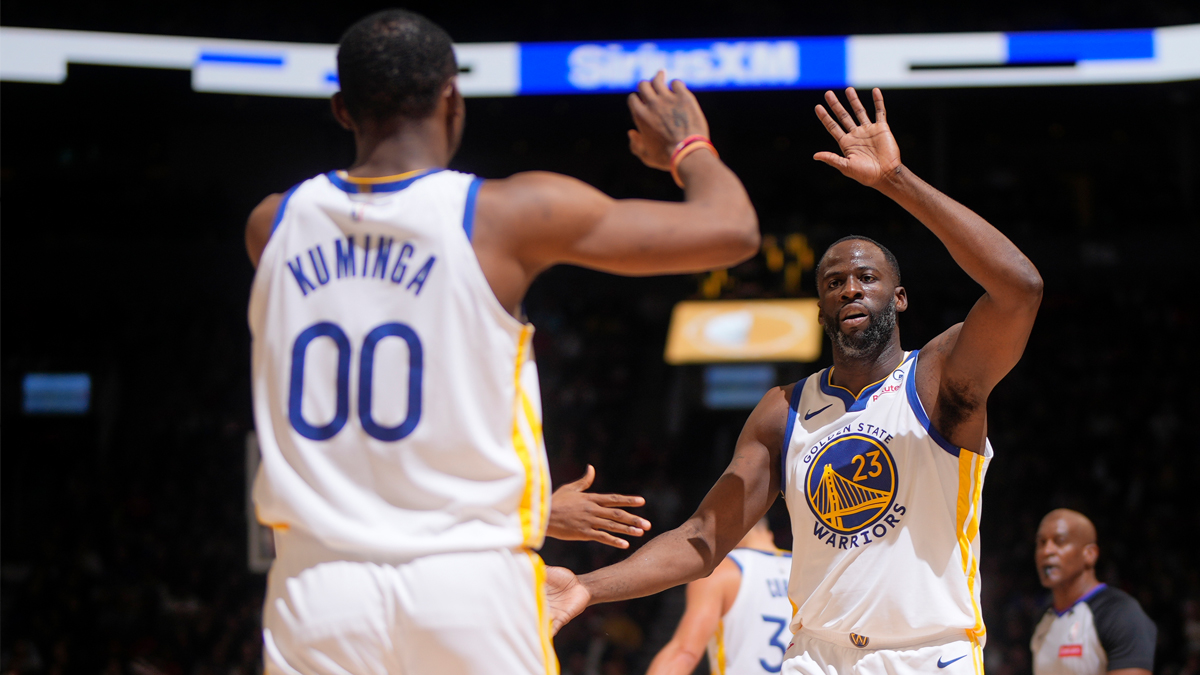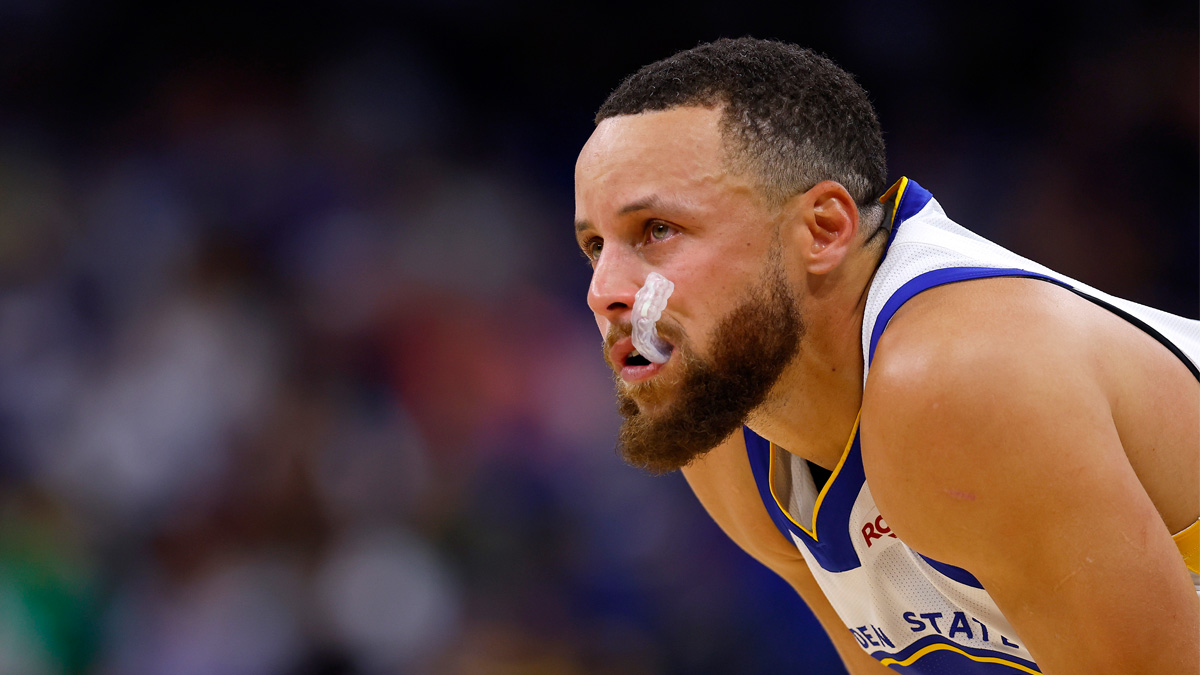
Deion, NFL names vying to alter college football landscape originally appeared on NBC Sports Bayarea
- Programming note: Race in Amerca will debut at 5:30 p.m., after the Race in America Year in Review debut with NBC Bay Area’s Marcus Washington and Jessica Aguirre at 5.
When Pro Football Hall of Famer Deion Sanders, one of the most decorated players in NFL history, signed a contract in September 2020 to become head football coach at a historically Black college/university, he said it was by the guidance of God.
Little did “Prime Time” know that his path to Jackson State University, coming 10 months after former NFL running back Tyrone Wheatley took the same job at Morgan State, would shine a light on doors previously relegated to the shadows of college football’s power conferences.
Get a weekly recap of the latest San Francisco Bay Area housing news. Sign up for NBC Bay Area’s Housing Deconstructed newsletter.
Last April, seven months after Sanders signed his contract, four-time Pro Bowl running back Eddie George accepted the head coaching position at Tennessee State University.
Then, two weeks after Thanksgiving 2021, former NFL head coach Hue Jackson was introduced as the head coach of Grambling State University.
Four men with solid NFL credentials, all lending themselves to HBCUs relatively forlorn on the college football map.
Sports
Which garners great admiration and respect from one of their predecessors on the college football scene, Tyrone Willingham, who was a guest on “Race in America: A Candid Conversation,” on NBC Sports Bay Area.
“I am excited – it’s good for all of college football,” Willingham says. “It’s especially good for our HBCUs. It gives even more credibility to young people. And it confirms that you can go any place if you do all the right things and become a professional. You can have great success and receive an education.”
Willingham knows of shaking up the status quo. He served seven years as head coach at Stanford and three at the University of Washington – and in between spent three seasons at Notre Dame, where he was the first Black coach of the hallowed program.
Seeing established sports figures migrate to HBCUs makes a statement that resonates as much as Notre Dame’s decision this month to promote defensive coordinator Marcus Freeman to head coach, making him the second Black coach.
“It’s most definitely a statement being made,” Willingham says of NFL vets going to HBCUs. “One, it’s about their pride in themselves and in their people. And their willingness to give back and help others. That’s a tremendous statement.”
Though each coach has his own motivation, their presence at these smallish schools with overwhelmingly Black enrollments – at least 70 percent of the students at each school are Black – is about more than “returning to roots” or “giving back to communities.”
They want to alter the landscape.
Sanders’ impact is the loudest thus far, as his first full season ended with an 11-1 record before losing to South Carolina State on Dec. 18 in the Celebration Bowl in Atlanta.
Moreover, Sanders this month shocked the sport by signing five-star recruit Travis Hunter, a defensive back widely considered the No. 1 recruit in the country. It should be noted that Hunter de-committed from Florida State – Deion’s alma mater – to attend Jackson State.
It’s one thing for Sanders to sign his son, four-star quarterback Shedeur Sanders, but quite another to pull away a blue-chip recruit from a program with a national profile.
Will the name recognition attract attention, improve attendance and boost TV contracts? There is some hope insofar as the 2021 Celebration Bowl is the most-watched game in its history, but the ultimate goal is to raise budgets that currently are a fraction of those of schools in Division I power conferences.
“That’s going to be difficult, because all of athletics is money-driven,” Willingham says. “You need facilities. It’s great to give back. But you also need to pay the sports medicine people, you need to pay the other people, the strength and conditioning people. You need to have all those things in place to help you have a great program.
“I think they can do very well, but I don’t know if there is enough, financially, to make the final step.”
The key is whether more former NFL players and coaches move toward HBCUs, and whether their credibility and name recognition can attract top recruits. With so many young people becoming more socially enlightened, there is an opening.
“I think that this was going to happen regardless of Deion,” Willingham says. “Believe me, he is a tremendous draw and doing a great job of making all HBCUs visible. But there is an awareness within the families of these young men, that there is something we can do to also help ourselves and help our cause and gain greater independence in our decision-making.
“So, some of that was going to come regardless of Deion. But no question, he is the light right now that shines so much attention on the HBCUs, and it is beneficial.”



